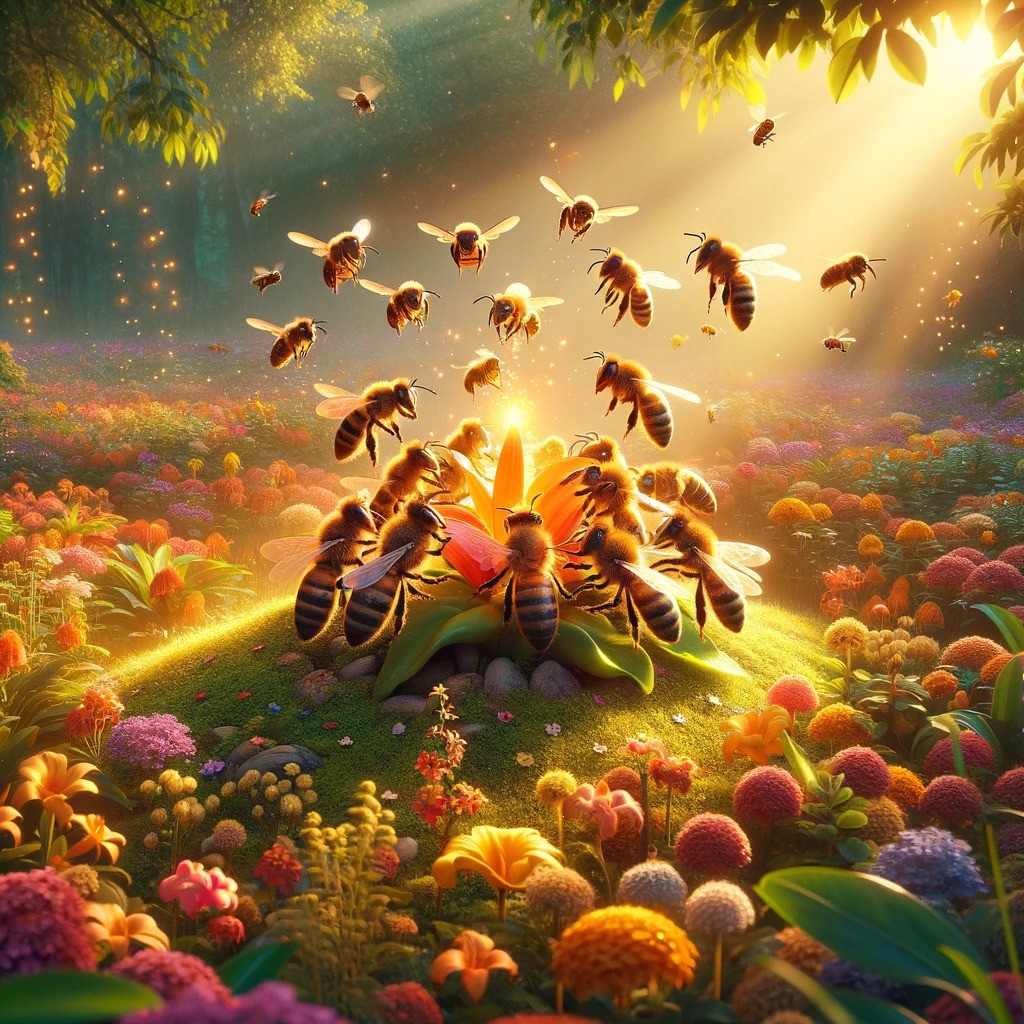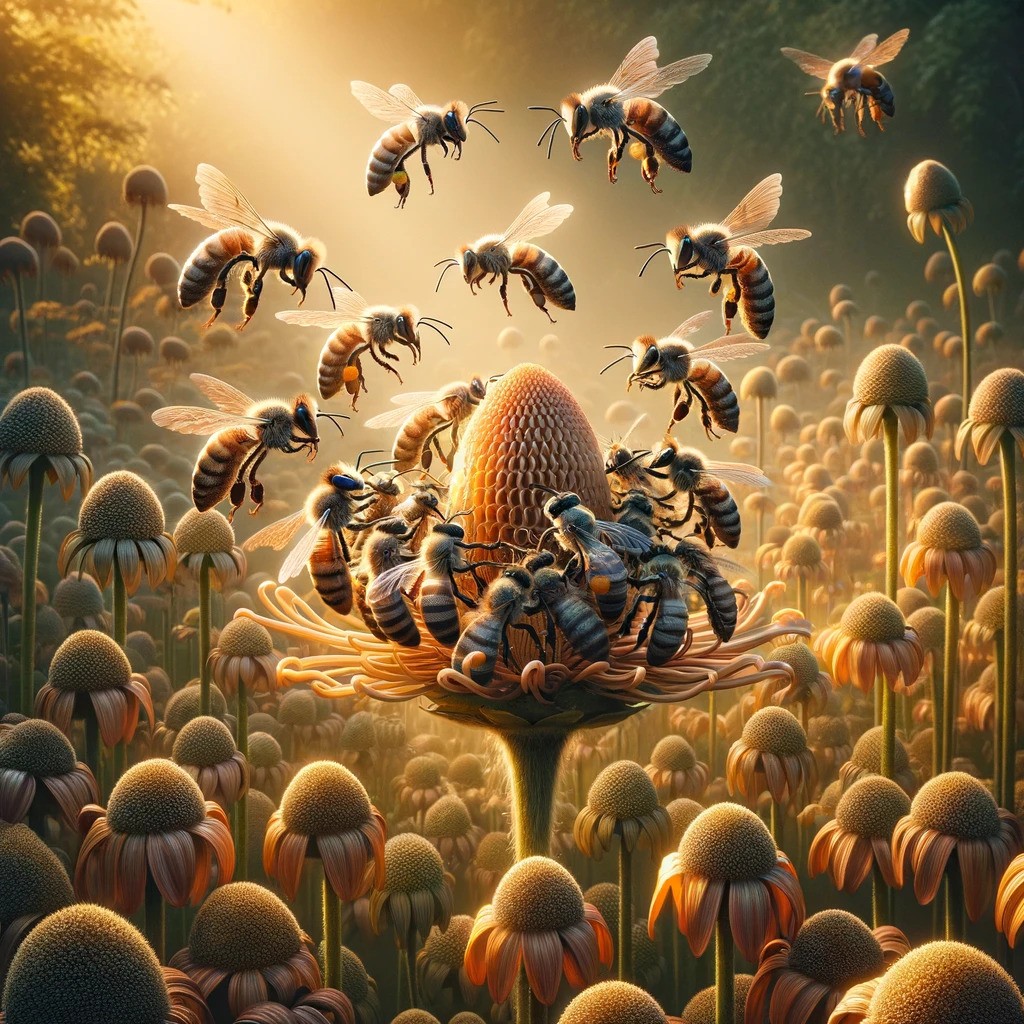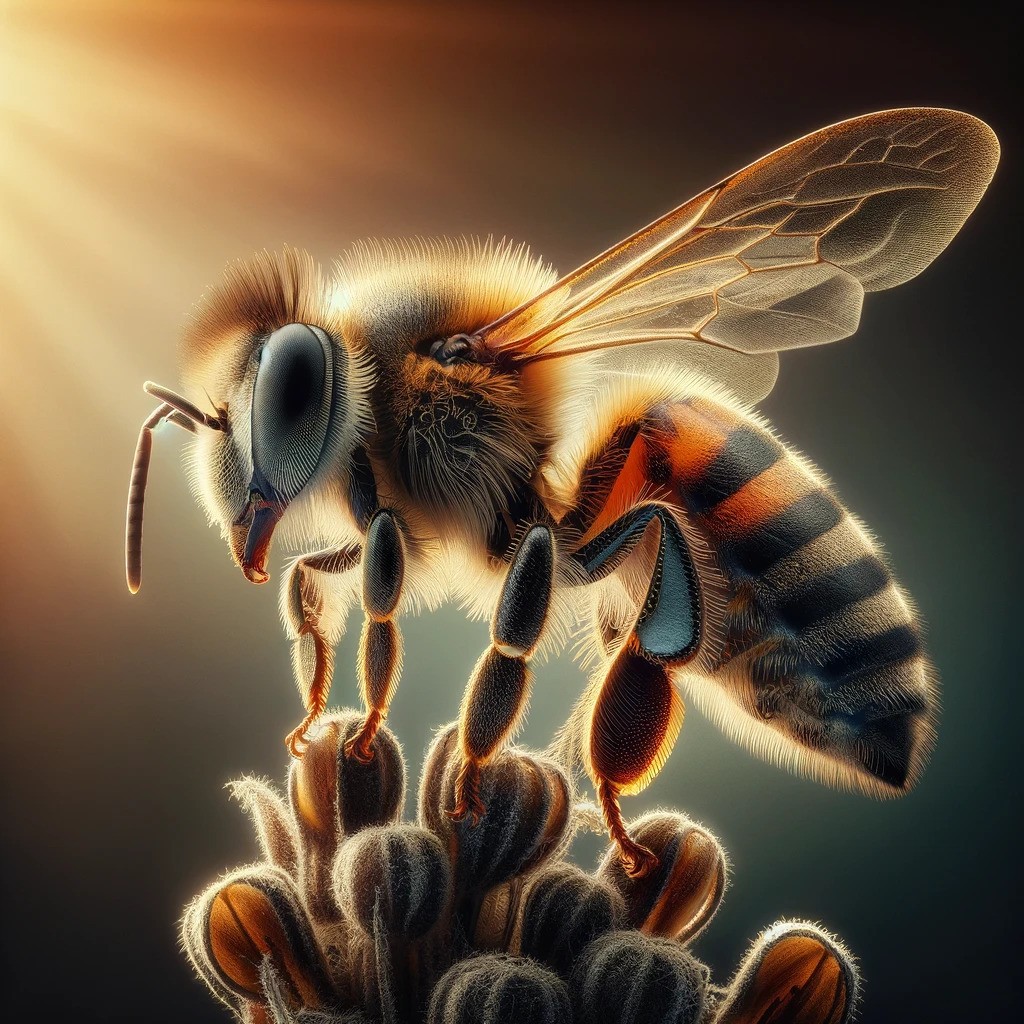Although very beautiful, bee-eating birds can wreak havoc inside small apiaries and can decimate entire colonies in just a few days.
While their vibrant colors and graceful flight might catch your eye, their appetite for bees poses a serious threat to beekeepers, especially those managing smaller colonies.
Bee-Eating Birds: The Silent Predators
Several species of birds, like the European bee-eater, are natural predators of bees.
These birds have developed the skill of catching bees mid-air, which can severely impact the population of a hive.
While a few bees may not seem like a big deal, a flock of bee-eaters can quickly deplete a small colony, leaving it vulnerable and weakened.
Why Small Apiaries Are at Greater Risk
In large apiaries, the loss of a few hundred bees might go unnoticed, but in smaller ones, every bee counts.
Bee-eating birds can decimate a small hive, leaving it without its worker bees, consequently impacting their foraging capabilities.
With fewer bees to protect the hive, the queen and brood are left more vulnerable to other threats like pests, diseases, and wasp attacks.
Signs of Bird Predation
If bee-eating birds are targeting your hives, you may notice:
Decreased Foraging Activity: Bees may become reluctant to leave the hive if they sense predators in the area.
Dead Bees Nearby: Birds often drop the stingers of bees after catching them, leaving small piles of dead bees near your hives.
Visible Bird Activity: Watch for birds hovering or swooping near the apiary, especially during peak foraging hours.
Protecting Your Apiary from Bee-Eating Birds
While it’s impossible to eliminate the presence of bee-eating birds, there are ways to minimize their impact on your hives:
Install Scare Tactics: Hanging reflective objects or using scarecrows can help deter birds from targeting your hives.
Relocate Your Hives: If you notice heavy bird activity in one area, consider temporarily moving your hives to a safer location.
Birds tend to return to familiar hunting grounds, so giving your bees a break might help.
Provide a Distraction: Some beekeepers have had success offering alternative food sources to divert the birds’ attention.
While this doesn’t always work, it can reduce the pressure on your bees.














